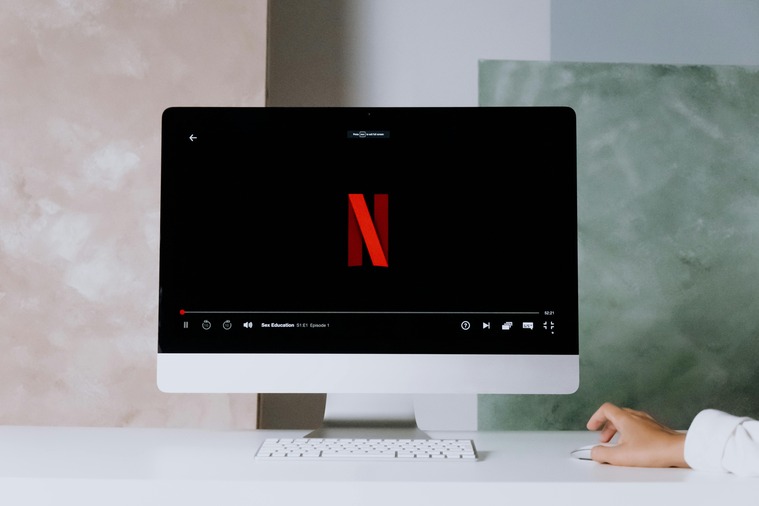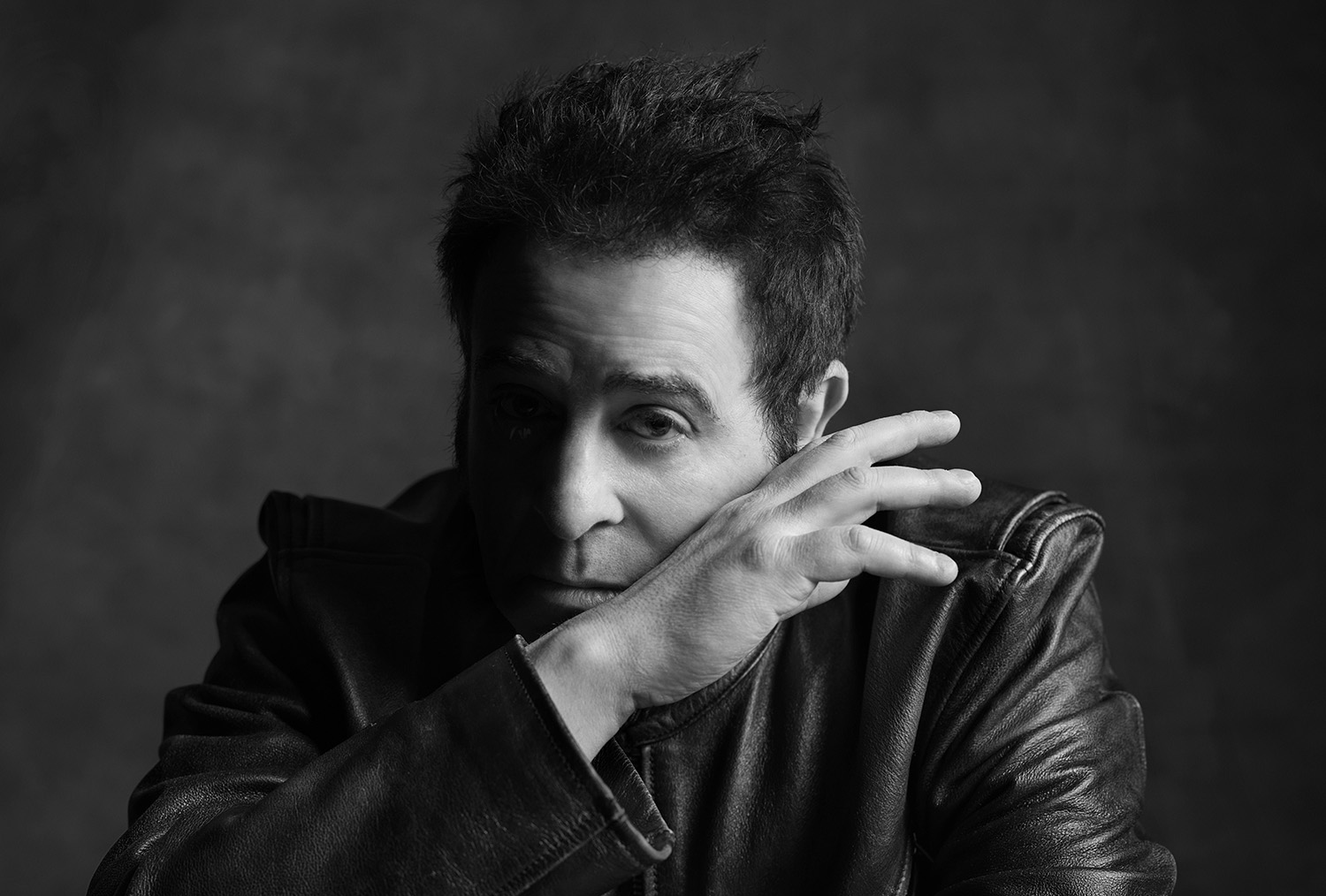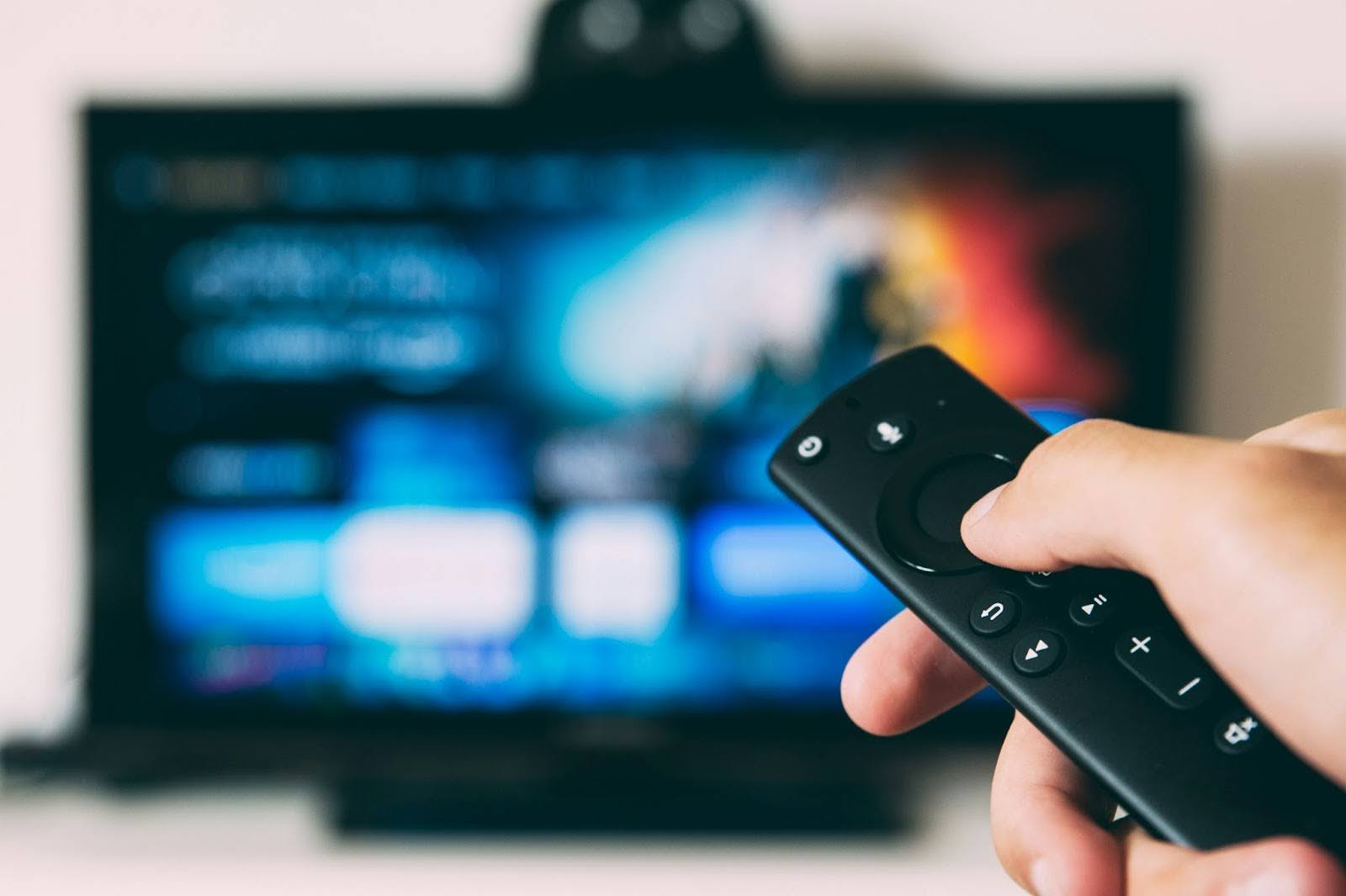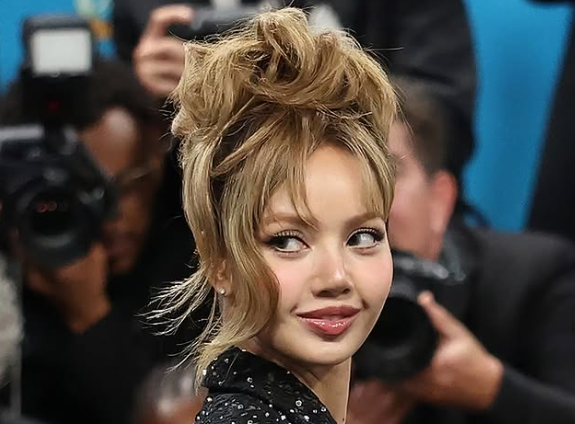
What does it mean when a show famed for being “quietly revolutionary” and a beacon for representation in Hollywood is accused of being racist … by its cast?
Kim’s Convenience is a popular sitcom which debuted its fifth and final season on Netflix on Tuesday June 1, 2021. The CBC series is about a Korean-Canadian family who own a convenience store in Toronto and has been lauded since its inception for its AAPI representation.
Even Canadian Prime Minister Justin Trudeau tweeted praises for the show, saying: “Thank you for five seasons of heart and humour, and for always being a source of unity and positivity.”
The show has also gained fans for its focus on humor instead of on the trauma prevalent in Hollywood’s rendering of so many immigrant narratives.
“American shows need to take note,” Mr. Park of Eater told the New York Times. “It feels refreshing … [and] doesn’t make you feel like just another stereotype.”
However, it seems the show was not as revolutionary as it might have seen, or even felt. While many applauded the strides it was making for representation, the new statements from members of its cast reveal how low the bar actually was.
Since the last season premiered, actors Simu Liu and Jean Yoon have listed a number of grievances from “horsepoop” pay to “overtly racist” storylines and an “overwhelmingly white” production team.
In a reflection post on Facebook chronicling the end of the show, Liu expressed his love for the opportunity but did not shy away from his criticisms of the experience. “I love this show and everything it stood for,” he said. “I saw firsthand how profoundly it impacted families and brought people together. It’s truly SO RARE for a show today to have such an impact on people.”
He went on to clarify how his new role in the Marvel Cinematic Universe was not the reason he began to feel frustrated by Kim’s Convenience, but rather issues with the direction of his character and some of the plotlines which had emerged.
“I WAS, however, growing increasingly frustrated with the way my character was being portrayed and, somewhat related, was also increasingly frustrated with the way I was being treated,” he said. “It was always my understanding that the lead actors were the stewards of character, and would grow to have more creative insight as the show went on … This was not the case on our show.”
But Liu’s expectation that he and the cast would have more insight becomes more clear when he revealed that the people behind the scenes were predominantly … not Asian. So why wouldn’t they welcome input from the cast?
Liu describes that it “was doubly confusing because our producers were overwhelmingly white, and we were a cast of Asian Canadians who had a plethora of lived experiences to draw from and offer to writers. … there was deliberately not a lot of leeway given to us.”
Yoon confirmed his statements in a series of tweets which came to his defense. “Mr. Kevin White was the showrunner, and clearly set the parameters,” she said, confirming the lack of creative direction the cast members had to influence the trajectory of the show.
Your attack on my cast mate @SimuLiu, in the defense of my fellow Korean artist Ins Choi is neither helpful nor merited. Mr. Choi wrote the play, I was in in. He created the TV show, but his co-creator Mr. Kevin White was the showrunner, and clearly set the parameters.— Jean Yoon (uc724 uc9c4 ud76c or u5c39u771fu59ec) (@Jean Yoon (uc724 uc9c4 ud76c or u5c39u771fu59ec)) 1623010411
Yoon subsequently revealed that the “parameters” that the team wanted to use could sometimes be problematic.
“The cast received drafts of all S5 scripts in advance of shooting BECAUSE of Covid, at which time we discovered storylines that were OVERTLY RACIST, and so extremely culturally inaccurate that the cast came together and expressed concerns collectively,” Yoon tweeted.
Yoon confirmed that Ins Choi, who wrote the play the show is based on, finally got control of the show in Season 5 in response to the concerns about the “overtly racist” storylines. However, that win did not erase the many other problematic elements of the show.
The posts by Liu and Yoon confirm that, although there were efforts by the cast to advocate for themselves and use their talents and perspectives to enhance the show, the writing and producing teams were not interested. “Many of us in the cast were trained screenwriters with thoughts and ideas that only grew more seasoned with time,” Liu revealed. “But those doors were never opened to us in any meaningful way.”
So despite having a Korean cast, it seems the overall team behind the show was lacking in representation, which made for a disappointing experience for the cast and a revelatory lesson about what “representation” actually means.
When Choi stepped in, Yoon affirmed, “Under Mr. Choi’s leadership, S5 restored many of the core values of the original show, and most offensive ‘jokes’ were removed.” The experience of having representation in a high level changed the show for the better, but ultimately led to its cancellation.
Under Mr. Choi’s leadership, S5 restored many of the core values of the original show, and most offensive “jokes” were removed. To give you an idea of what we are talking about, here is one scene from the original S5 drafted under Mr. White’s leadership.— Jean Yoon (uc724 uc9c4 ud76c or u5c39u771fu59ec) (@Jean Yoon (uc724 uc9c4 ud76c or u5c39u771fu59ec)) 1623010723
The new light on the show has shattered the perception that representation on screen is enough. It wasn’t just that the production team was white; what makes the gap so overwhelmingly clear is that despite the cast’s investment in making the show better by adding their own perspectives, ultimately the industry wanted to remain in control and keep proliferating an imagined idea of the immigrant experience, rather than a real one.
Only when the cast decided to organize, it seems, did anything change. Their collective action is inspiring for organizers, but the resistance to change that Liu describes is demoralizing. While in a lot of ways, representation is more common now than ever before, it seems that the industry is more invested in the appearance of inclusion than the reality. Meanwhile, they will keep doing whatever makes them money — exploiting marginalized groups with the promise of “representation.”













